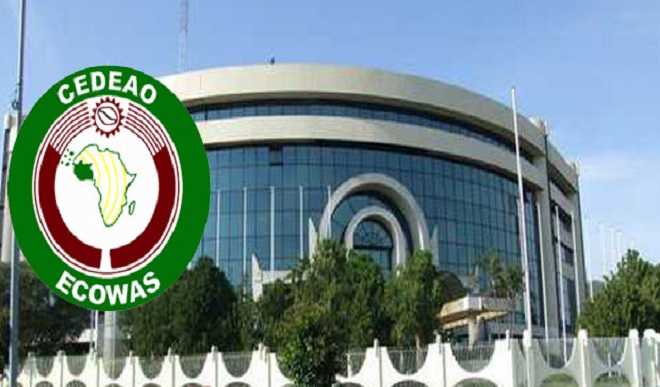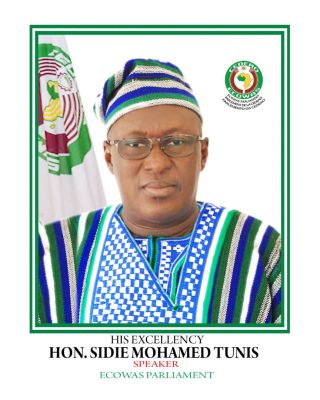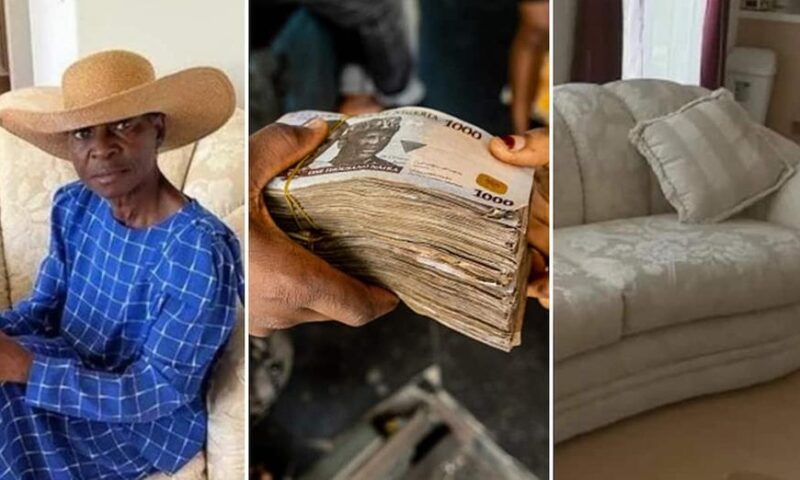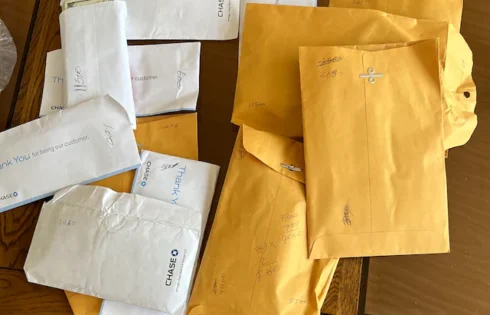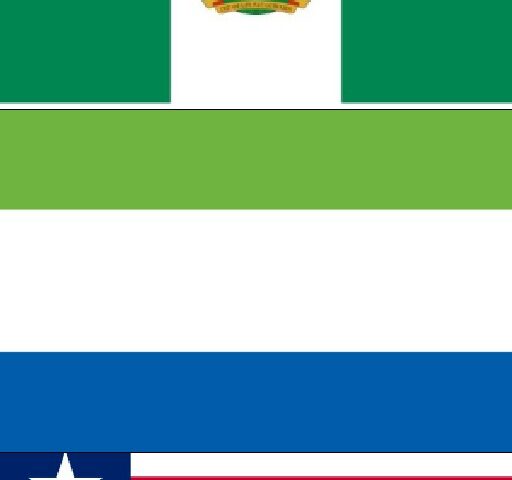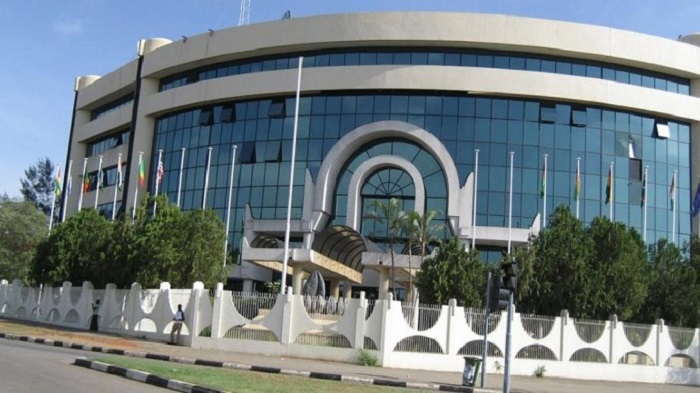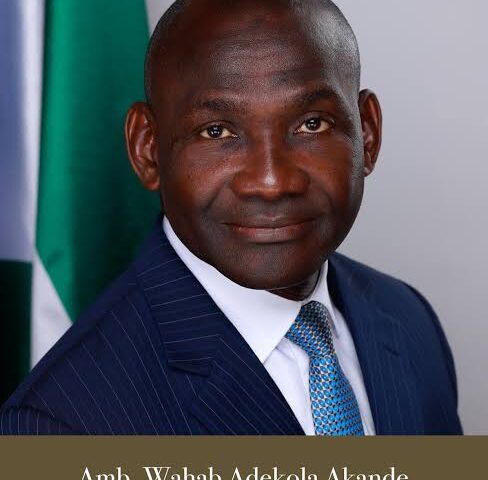By Favour Nnabugwu
The Economic Community of West African States (ECOWAS) is concerned about the raging terrorism in the Nigeria and it’s soill-over to other coastal State.
More recently, the attacked on Saint Francis Catholic church in Owo during mass on Sunday, killing at least 50 people including women and children. The gunmen shot at people outside and inside the church building, killing and injuries worshippers.
President of the ECOWAS Commission, Jean-Claude Kassi Brou, expressed concern over the killing in Owo, Ondo State
ECOWAS is still confronted with terrorism and its spill-over effect to our coastal states.”
ECOWAS has 15 members Nigeria, Benin, Burkina Faso, Cabo Verde, Cote d’Ivoire, The Gambia, Ghana, Guinea, Guinea-Bissau, Liberia, Mali, Niger, Senegal, Sierra Leone, and Togo.
Brou was more concerned about the fact that if the terrorism in Nigeria is not addressed properly, there is possiblity that it might extend to other States of the ECOWAS.
He said ECOWAS adopts the Accra Initiative as well as other efforts that are being used by member states to fight this menace.
Brou stated this while delivering a solidarity message at the 2022 First Ordinary Session of the ECOWAS Parliament holding from June 9 – July 2, at the ECOWAS Parliament building in Abuja.
“Sincere condolences to the good people of the Federal Republic of Nigeria, especially the Executive Governor of Ondo State for the recent killing in cold blood of worshippers at Saint Francis Catholic Church in Owo Ondo State. We equally express our condolences to families of our Member States whose loved ones have fallen victims to terrorist activities and banditry”.
Represented by the Vice President of the Commission, Mrs. Finda Koroma, the President also acknowledged “His Excellency, President Muhammad Buhari, the President of the Federal Republic of Nigeria, for his unwavering support to the ECOWAS Community Institutions, especially the ECOWAS Parliament, which is a testament of his regional commitment to ECOWAS integration”.
“Let me assure you of our unwavering support to the work of the ECOWAS Parliament and our commitment to working very closely with you to ensure that we fulfill the mandate of the ECOWAS People through our various work programmes”, he asserted.
“As you all know, despite all the progress Member States are making in the running of their respective countries, our region continues to face numerous challenges of security, humanitarian issues, political and economic affairs”.
Speaking on the health, the ECOWAS Commission President noted that “with the fourth wave of the COVID-19 slowing fading away, the outbreak has highlighted the intrinsic weaknesses in our health care infrastructure especially in the area of vaccine manufacturing and our preparedness to fight epidemics and pandemics which have engulfed our citizens”.
“On the political front, the ECOWAS Commission have continued to engage with military governments in Burkina Faso, Guinea and Mali to ensure transition to democratic rule within the time frame that is been prescribed by the Authority of Heads of State and Governments”.
Recognizing the effort of the Speaker of the ECOWAS Parliament, Rt. Hon. Mohammed Sidie Tunis, the ECOWAS Commission President said: “We would wish to congratulate you and through you to the dynamic Members of the ECOWAS Parliament who have worked tirelessly during several of your sessions both in Abuja and at your delocalized sessions in member states, to discuss burning issues in our region that would improve the functioning of the regional integration agenda that is being undertaken by ECOWAS Community Institutions, especially the economic, social and humanitarian programmes”.
“We have noted with keen interest that you have held sessions on the Joint Committee on Public Accounts/Administration, Finance, Budget and Macroeconomic Policies, Trade, Customs and Free Movements and the Vision 2050 process. All of these have contributed to improvements in our work processes and the impact of our activities and programmes on the ECOWAS People”.
“I would like to congratulate you Mr. Speaker and Honourable Members at the opening of the First Ordinary Session of the ECOWAS Parliament in 2022. This is the house of the ECOWAS of people and we are grateful for your unwavering support to the work of the ECOWAS Community Institutions. I also want to welcome most wholeheartedly the new members of parliament from Republic of Gambia who has been sworn in today.


